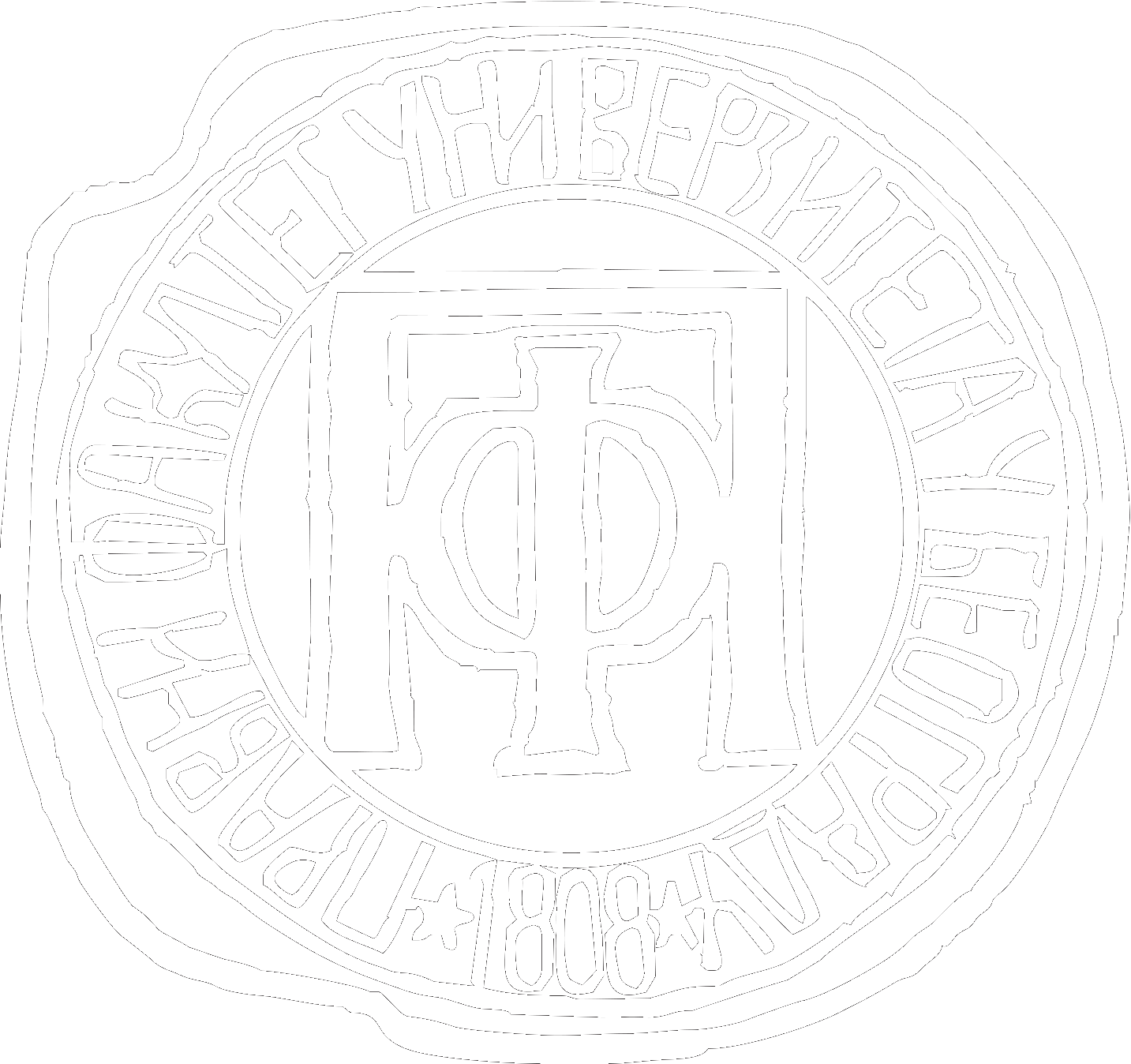Born human as object of criminal law protection: Differentiation from the fetus
DOI:
https://doi.org/10.5937/crimen2401052VKeywords:
human; childbirth; termination of pregnancy; fetusAbstract
Unlike most other goods, criminal law protection of human life is absolute. While e.g. property is protected by criminal law only in a subsidiary manner (if civil law mechanisms prove insufficient), only criminal law provides the appropriate sanction for causing death. At the same time, human life is protected from birth to death. Although the basic crime through which the protection is accomplished is the crime of murder, there are numerous other crimes that result in death, e.g. in traffic or due to some generally dangerous actions (for example, as result of carelessly caused fire). A person's death can also occur due to medical errors. They are also imaginable during childbirth, which is why the moment of demarcation between the stage of the fetus and the born human is considered as a particularly important issue of life protection. Traditionally, in Serbian doctrine, this boundary marks the moment of the beginning of (regular) childbirth, or the opening of the uterus during a caesarean section. However, in recent years, in several different decisions, domestic courts advocated other criteria. The paper discusses these decisions, with the conclusion that it is not justified to abandon traditional standards in such an important segment of criminal law protection.
Downloads
References
Eser, A., and D. Sternberg-Lieben. 2019. In Strafgesetzbuch. Kommentar, ed. A. Schönke and H. Schröder. München.
Čubinski, M. 1930. Naučni i praktični komentar Krivičnog zakonika Kraljevine Jugoslavije od 27. Januara 1929. Beograd.
Fischer, T. 2011. Strafgesetzbuch und Nebengesetze. München.
Gropp, W. 2000. "Der Embryo als Mensch: Überlegungen zum pränatalen Schutz des Lebens und der körperlichen Unversehrtheit." Goltdammer's Archiv für Strafrecht 1.
LaFave, W. R. 2000. Criminal Law. St. Paul.
Lazarević, Lj. 2011. Komentar Krivičnog zakonika. Beograd.
Neumann, U. 2023. In Nomos Kommentar. Strafgesetzbuch, ed. U. Kindhäuser et al. Baden-Baden.
Moos, R. 2002. In Wiener Kommentar zum Strafgesetzbuch, § 75, ed. F. Höpfel and E. Ratz. Wien.
Rissing-van Saan, R. 2019. In Strafgesetzbuch. Leipziger Kommentar, ed. H. W. Laufhütte, R. Rissing-van Saan, and K. Tiedemann. Berlin.
Schneider, H. 2021. In Münchener Kommentar zum StGB, ed. V. Erb and J. Schäfer. München.
Stajić, A. 1986. In Komentar krivičnih zakona SR Srbije, SAP Kosova i SAP Vojvodine, ed. N. Srzentić. Beograd.
Stojanović, Z. 2020. Komentar Krivičnog zakonika. Beograd.
Tahović, J. Đ. 1956. Komentar Krivičnog zakonika. Beograd.
Urošević, L. 1929. Sudski trebnik II. Krivični zakonik sa komentarom i drugi zakoni. Beograd.
Vuković, I. 2022. Krivično pravo Opšti deo. Beograd.
Welzel, H. 1969. Das deutsche Strafrecht. Berlin. https://doi.org/10.1515/9783110897302
Živanović, T. 1938. Osnovi krivičnog prava Kraljevine Jugoslavije. Posebni deo. I. knjiga. Beograd.

Downloads
Published
How to Cite
Issue
Section
License
Copyright (c) 2024 Igor Vuković

This work is licensed under a Creative Commons Attribution 4.0 International License.
The authors retain copyright and grant the journal the right of first publication, allowing others to share the work with proper attribution to the authors and acknowledgment of its original publication in this journal.










